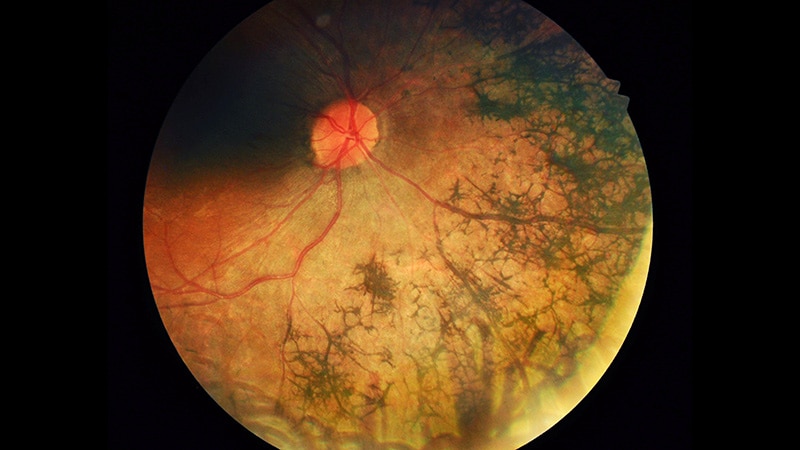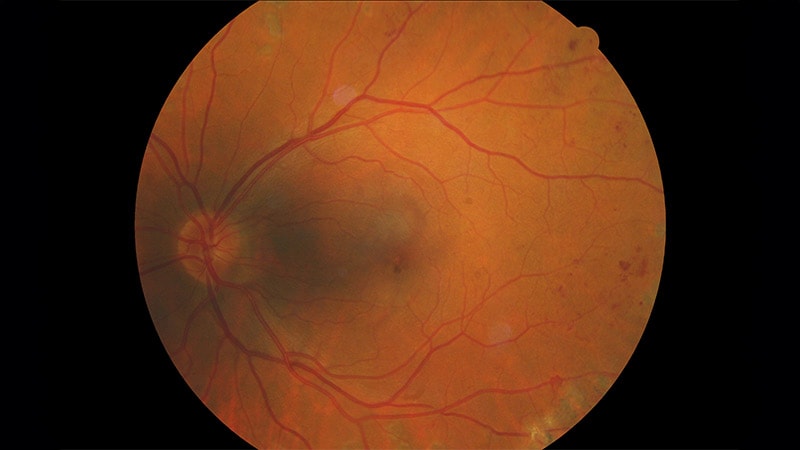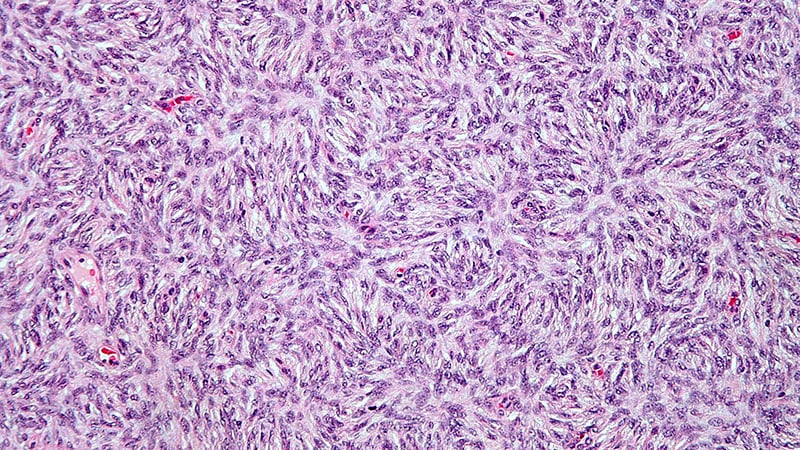TOPLINE:
Researchers sought to better understand the risk for recurrence and precipitants for relapse in anterior uveitis, potentially allowing clinicians to better provide a prognosis and disease course with patients. About half of the patients with acute anterior uveitis experienced recurrence in the same eye, and a quarter will have recurrence in the other eye; recurrences in the ipsilateral eye were linked to viral causes.
METHODOLOGY:
- Researchers analyzed 2763 eyes of 2092 patients with acute anterior uveitis (mean age, 46.1 years; 45% women) who presented to a major tertiary ophthalmic clinical center in New Zealand between 2008 and 2021.
- Researchers recorded the time from the onset of inflammation in the anterior chamber of the eye to the recurrence of inflammation; recurrent anterior uveitis was defined as repeated episodes of inflammation separated by ≥ 3 months of disease inactivity without treatment.
- This study evaluated the risk for recurrence of anterior uveitis and identified risk factors associated with the increased likelihood of recurrence.
TAKEAWAY:
- At a median follow-up duration of 8.9 years, 45.5% of the patients developed recurrence in the ipsilateral eye and 27.3% in the contralateral eye.
- In the viral uveitis group, the 10-year rate of recurrence was 44.9% in the ipsilateral eye, but it was only 2% in the contralateral eye.
- Viral uveitis (hazard ratio [HR], 1.352; P = .018) was associated with an increased risk for recurrence in the ipsilateral eye. In contrast the condition carried a lower risk of involvement in the contralateral eye (HR, 0.114; P < .001).
- Human leukocyte antigen B27 or inflammatory arthritis–associated uveitis was a common risk factor for both ipsilateral (HR, 1.437; P < .001) and contralateral (HR, 1.943; P < .001) recurrence.
IN PRACTICE:
"Our study demonstrates the high likelihood of recurrence amongst patients with anterior uveitis, with approximately half developing recurrence during follow-up. These findings should help clinicians to deliver a clearer understanding of the disease course to patients and counsel those at higher risk of recurrent disease appropriately," study authors wrote.
SOURCE:
James T. Brodie, MBChB, FRCOphth, from the Department of Ophthalmology at the Greenlane Clinical Centre in Te Whatu Ora - Health New Zealand in Auckland, New Zealand, led this study, which was published online on June 8, 2024, in Ophthalmology.
LIMITATIONS:
Study participants may have had cases of acute anterior uveitis that were more complicated and severe than that experienced by the general population. Some cases of viral uveitis might have been mischaracterized as idiopathic disease.
DISCLOSURES:
This study did not receive any financial support. The authors declared no conflicts of interest.

.webp) 4 days ago
7
4 days ago
7





























 English (US)
English (US)